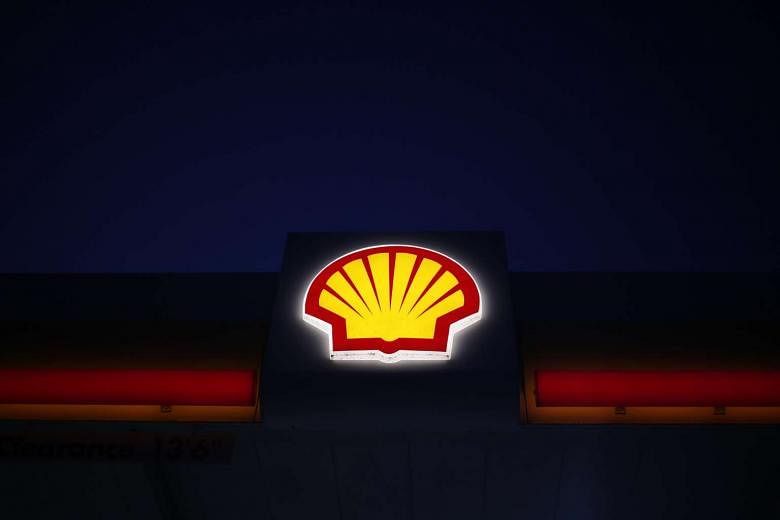LONDON • In the waters off Malaysia, Royal Dutch Shell is finding gas quickly and cheaply to replenish depleting fields where only a few years ago geologists had lost hope of discovering any new reserves.
The Anglo-Dutch group is combining the latest technology with the wisdom of industry veterans to unlock new oil and gas deposits where it already operates, usually within 20km of existing platforms.
The result has been a string of finds which, while modest in size, can generate cash rapidly to suit an era of drastically reduced exploration budgets across the energy industry.
After a costly flop in Alaska, Shell has turned away from giant "frontier" projects, focusing instead on exploring closer to home, such as in Malaysia where it has been producing oil for more than a century. Many of its rivals are following suit.
"With new data, new seismic and new brain power you can find extraordinary amount of hydrocarbons for the future," Mr Ceri Powell, Shell's head of exploration, told Reuters.
Analysts say the industry will still need large discoveries in areas where the risk of failure is greater, but the cheaper and easier approach is paying dividends in the short term.
State-of-the-art technology such as 3D seismic imaging enabled Shell to unlock new prospects that quickly led to a string of discoveries, transforming the region off the Malaysian state of Sarawak into one of its most prolific basins.
Breaking with decades of traditional drilling techniques which used rudimentary technology, Shell combined the use of sonar waves with satellite images and super computers to pinpoint oil and gas deposits beneath layers of salt in rock.
This has proved so effective that Shell moved from holding only one exploration licence in shallow waters off Malaysia in 2013 to nine now, searching at greater depths and further offshore than ever.
Today, it is exploring 27,000 sq km off Sarawak for oil and gas.
It has made 16 discoveries in the last 28 months that unlocked one billion barrels of oil equivalent. Shell and other oil companies, including state-run Petronas, now plan to map geologically the entire Malaysian coast.
While drilling closer to home is attractive in the short term, it comes at the expense of huge discoveries such as Exxon's Liza field in Guyana and Eni's Zohr in Egypt.
For Shell, the success of the new strategy and the Alaskan failure mean it will not return to frontier areas in the near future.
But Mr Powell still sees opportunities for big discoveries in the likes of West Africa, Namibia, South Africa, Uruguay and eastern Canada.
REUTERS

